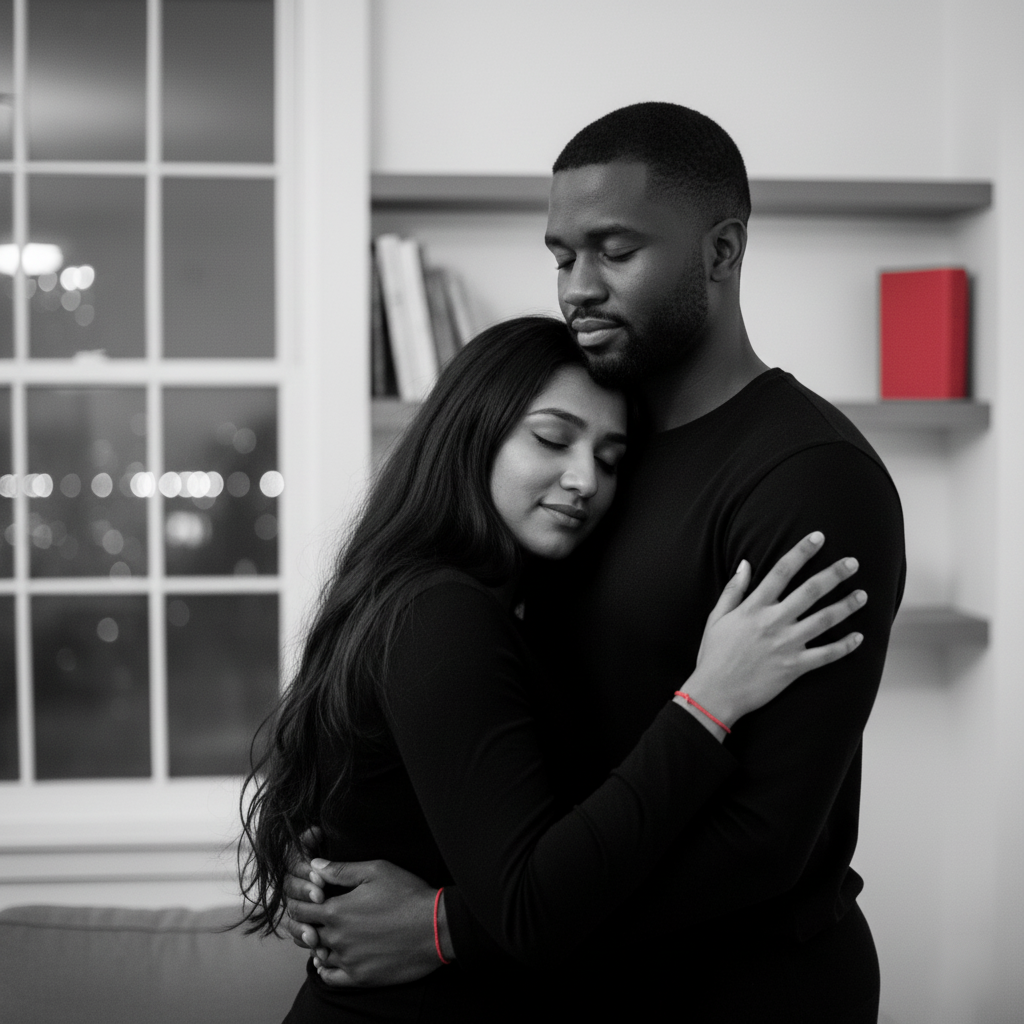in discretion: the private architecture of therapy

privacy is not a policy in my work - it’s the frame that holds everything in place. discretion shapes how sessions are scheduled, how correspondence unfolds, and how presence is maintained without exposure. for many of the people who find me, privacy isn’t a preference but a condition for honesty. to speak freely, they have to know that nothing leaves the room, not even the feeling of being observed.
i think of discretion as architectural. it’s built into the cadence of contact - the quiet of the room, minimal signage, the way messages are answered personally rather than through a system. nothing about it is casual. every layer, from confidentiality to tone, is designed to reduce the noise that keeps people performing instead of feeling.
most of my clients live public lives in some form. they’re seen, managed, or depended on. in public, they stay composed; in private, they are often unsure where to place what’s real. discretion allows those two selves to meet without collision. when therapy is structured around containment rather than exposure, the nervous system relaxes. language sharpens. the body stops defending itself against imagined observers.
true privacy isn’t secrecy; it’s protection. secrecy hides what feels shameful. privacy allows what’s unfinished to unfold without interruption. in the therapy room, that containment gives emotion time to breathe - a place where truth can exist before it has to be shared.
this quiet isn’t just ethical, it’s aesthetic. it shapes the texture of the work. there are no testimonials, no photos of interiors, no narrative for the public to consume. what happens here belongs to the people within it. the absence of display keeps the work sacred, not performative.


for high-profile clients, discretion can begin as logistics - private scheduling, secure channels, travel sessions. but beneath that structure is something far more human: the need to be safe enough to tell the truth. discretion says, you can bring your whole self here, and it will remain intact. it gives permission to stop managing perception and start being.
even within the concierge model, where the work follows life across time zones, privacy is still the foundation. correspondence is direct. sessions are arranged quietly. the focus is on preserving the integrity of the space, not extending access. this steadiness allows the work to deepen - fewer clients, more continuity, greater depth.
the private architecture of therapy isn’t built from walls but from awareness. every pause, every choice to withhold spectacle, strengthens the frame. discretion is what lets vulnerability exist without fear of exposure. it is the difference between being watched and being witnessed.
held in quiet, therapy becomes what it was always meant to be: a place where truth can surface without consequence, and where the most guarded parts of a person can finally rest.
author
jason powell is a licensed marriage and family therapist and aasect certified sex therapist. he is the founder of thread & tether, a boutique psychotherapy practice based in boston, with bespoke in-person arrangements in london. the work is private, paced, and precise - held in quiet.


